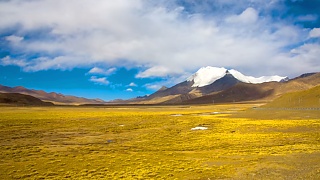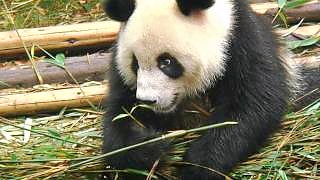Explore the local sights and dishes with four lively Chinese girls from Singapore ...
[640],shadow=true,start=,stop=
Live more ...
 ZhengZhou 郑州 and around, HeNan province
ZhengZhou 郑州 and around, HeNan provinceExplore the local sights and dishes with four lively Chinese girls from Singapore ...
[640],shadow=true,start=,stop=

|
|

|
A beautiful and heart-warming story ...
|

|

|
At the Panda Base research center ...
|

|
Shao Chardonnay ...
|

|
GuangXi province.
Including the LongJi rice terraces.
|

|
From CCTV / CGTN ...
|